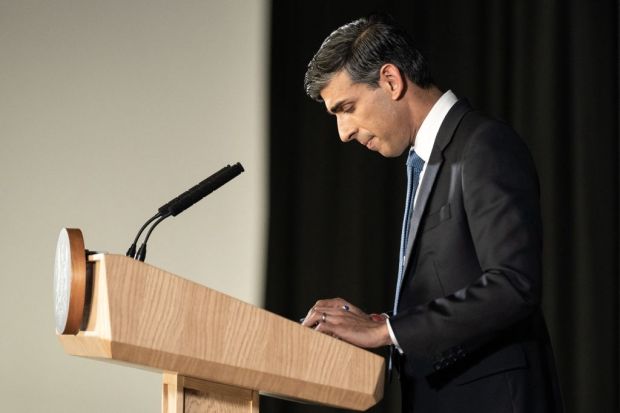It appears that ASIO is unable to bring about the prosecution of an unamed former politician who betrayed Australia because no laws were broken. Had the betrayal been committed after the introduction of the National Security Amendment (Espionage and Foreign Interference) Act 2018 (EFI Act), it might have been a different story.
Shadow Home Affairs Minister, James Paterson, provided a sober assessment of calls to out the politician who committed the betrayal.
Already a subscriber? Log in
Subscribe for just $2 a week
Try a month of The Spectator Australia absolutely free and without commitment. Not only that but – if you choose to continue – you’ll pay just $2 a week for your first year.
- Unlimited access to spectator.com.au and app
- The weekly edition on the Spectator Australia app
- Spectator podcasts and newsletters
- Full access to spectator.co.uk
Or


























Comments
Don't miss out
Join the conversation with other Spectator Australia readers. Subscribe to leave a comment.
SUBSCRIBEAlready a subscriber? Log in